
Lisfranc Joint Injuries Diagnosis and Treatment
Lisfranc injuries are a challenging diagnosis for the sports physical therapist because of the lack of data on how to rehabilitate them properly. To date, the available rehabilitation literature has focused on the mechanism of injury and the conservative management of this injury. Furthermore, there is a lack of consensus on the appropriate.
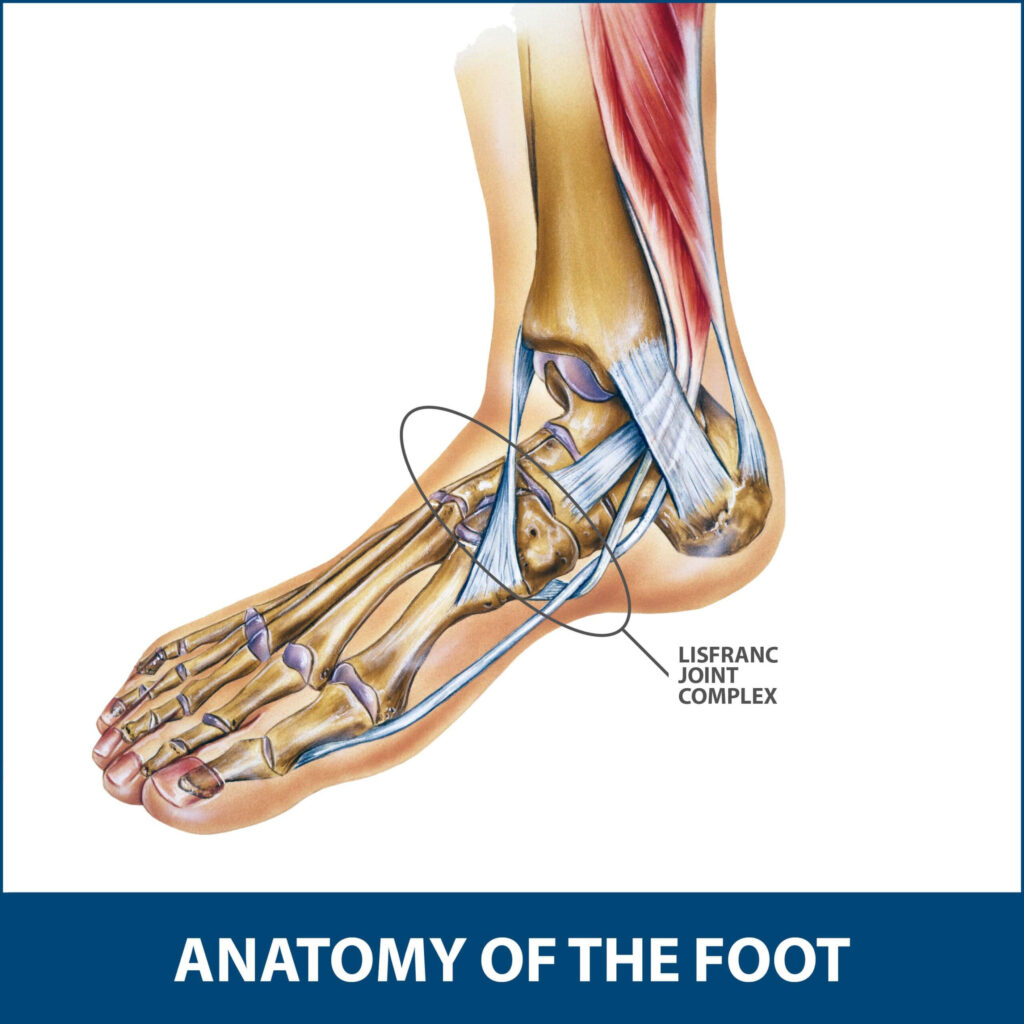
Lisfranc Fracture Motus Physical Therapy
Conclusion: A simplified treatment algorithm excluding the requirement for complex classifications is suggested. This may help with the diagnosis and management of these injuries. It is our believe that this algorithm will aid health professionals to standardize care for these injuries. Further prospective research trials are required to assess.

Lisfranc Injury Treatment Brighton MI
Lisfranc Injury. A Lisfranc injury is a tarsometatarsal fracture dislocation characterized by traumatic disruption between the articulation of the medial cuneiform and base of the second metatarsal. Diagnosis is confirmed by radiographs which may show widening of the interval between the 1st and 2nd ray.

Effect Of Laser Therapy On The Lisfranc Healing Process
Exercise after a Lisfranc injury is one component of your rehab program. Your physical therapist will likely prescribe exercises to help your foot and ankle move better and feel better. This step-by-step exercise program is an example of something your PT may prescribe to help you recover after a Lisfranc injury.

After LisFranc Surgery Lisfranc surgery recovery with HydroWorx therapy
Dr Warren Latham MD, FRCSC. This protocol provides you with general guidelines for initial stage and progression of rehabilitation according to specified time frames, related tissue tolerance and directional preference of movement. Specific changes in the program will be made by the physician as appropriate for the individual patient.

Lisfranc Injury Protocol Foundation Sports and Rehabilitation Clinic
ORIF LisFranc Post-op Protocol This protocol provides you with general guidelines for initial stage and progression of rehabilitation according to specified time frames, related tissue tolerance and directional preference of movement. Specific changes in the program will be made by the physician as appropriate for the individual patient.
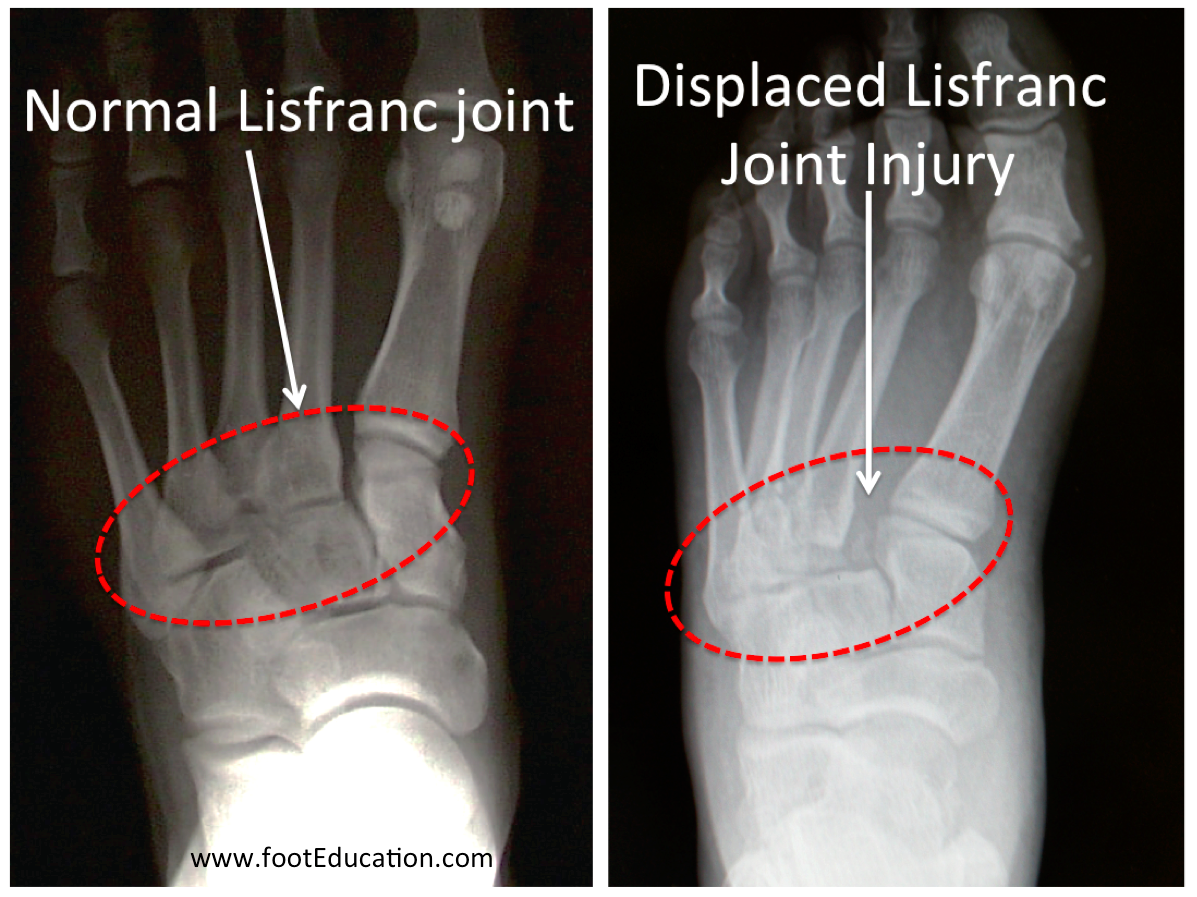
Lisfranc Injury FootEducation
Commonly prescribed medications - surgical team will provide recommendations for dosing and frequency. Narcotic Pain Medication - take as prescribed for 2-3 days, only as needed. Naproxen - to reduce pain and swelling - twice daily - take with food. Tylenol - as prescribed - to reduce pain. Aspirin - twice daily for 14 days.

Physical Therapy for a Lisfranc InjuryMangiarelli Rehabilitation
Lisfranc Operative Rehabilitation Protocol. There is no substitute for common sense. If you feel you are progressing to quickly or are having pain or any concern with an activity please stop, rest and try to advance again after a couple of days. Call my office if you have any concerns. Beth Israel Deaconess Medical Center Foot and Ankle Please.
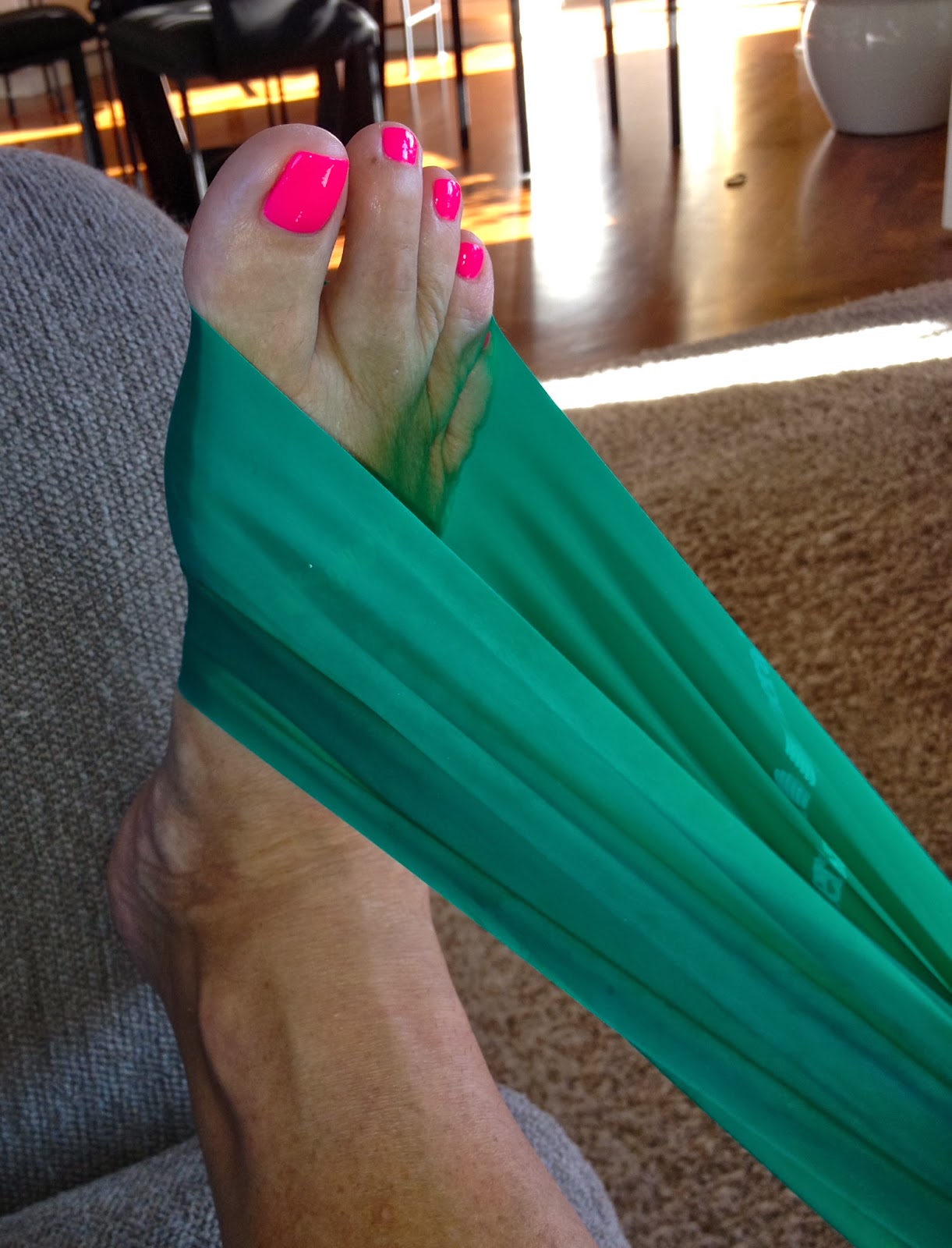
Lisfranc physical therapy exercises lisfrancblog
A Lisfranc injury is often mistaken for a simple sprain, especially if the injury is a result of a straightforward twist and fall. However, injury to the Lisfranc joint is not a simple sprain that should be simply "walked off." It is a severe injury that may take many months to heal and may require surgery to treat. Causes • Twist and fall
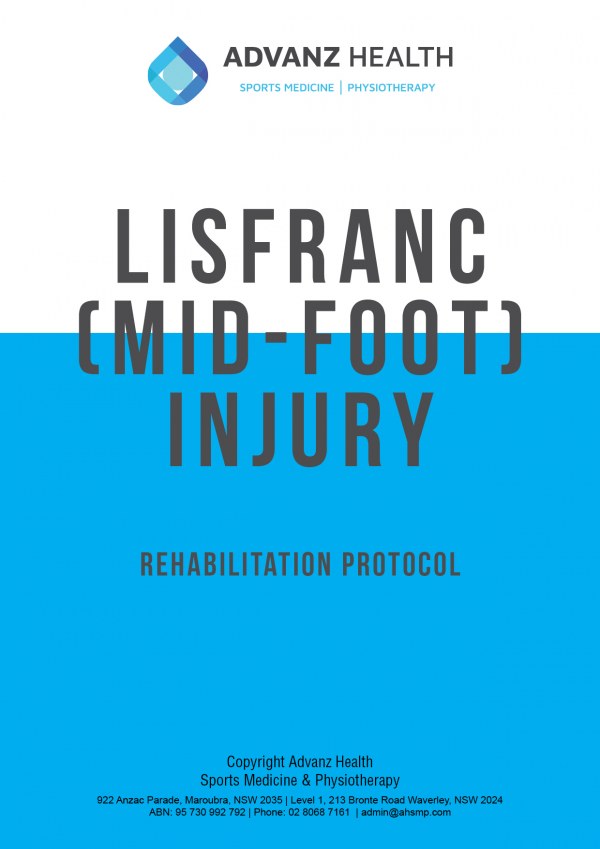
Lisfranc protocol ADVANZ HEALTH
Lisfranc (midfoot) injuries result if bones in the midfoot are broken or ligaments that support the midfoot are torn. The severity of a Lisfranc injury can vary widely — from a simple injury involving one midfoot joint to a complex injury involving many midfoot joints and broken bones.. Rehabilitation. After surgery (ORIF or fusion), a.

Get Started on Your Lisfranc Fracture Rehab With These PT Exercises
For the purpose of this protocol, we will be dealing with stable sprains of the Lisfranc ligament. Below is a guideline of the multiple steps involved in navigating a successful Lisfranc injury rehabilitation with the goals of each outlined below: Phase 1: Acute. Phase 2: Control and capacity. Phase 3: Strength accumulation.

After LisFranc Surgery Lisfranc physical therapy exercises
If you have any questions regarding this protocol, please contact the UGH Orthopedics and Sports Medicine Department at (706) 439-6858. CAUTION: Return to intense activities such as impact loading, jogging, or pivoting and shifting early post-operatively may increase the overall chance of fixation failure. And symptoms of pain, swelling, or.

Get Started on Your Lisfranc Fracture Rehab With These PT Exercises
Lisfranc injuries can include sprains, dislocations, fractures of all three at the same time. An injury can be caused by an indirect or direct trauma. A direct trauma is can be caused when an external force works on the foot, for example when you drop something heavy on it. An indirect trauma is caused when a twisting of the foot happens after.
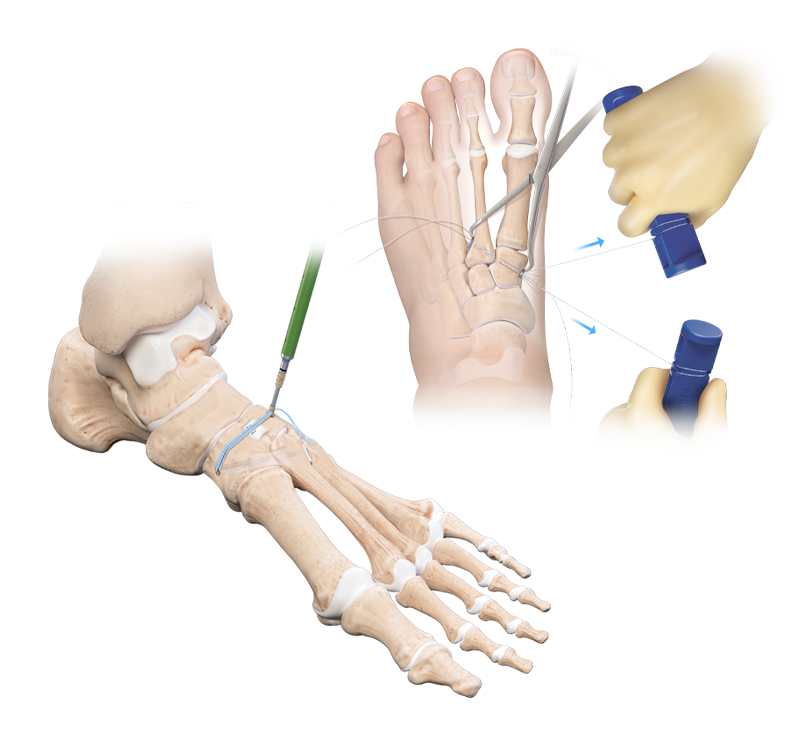
Arthrex Lisfranc Injury Fixation
Phase II- Early Stretching and Strengthening. Weeks 6 to 12: Gradual progression of weight bearing while in CAM boot. Initiate range of motion at foot and ankle. Initiate closed chain strengthening consistent with weight bearing status Goals. Reduce inflammation and pain. Protect surgical repair. Weight bearing progression while in CAM boot.

Lisfranc Injury Treatment [Exercises, Rehab & FASTER Recovery Time]
The Lisfranc injury can vary widely, and the treatment plan will differ for each case. One stepwise generic approach to reconstruction of Lisfranc injuries may be: Restoration of the relation between the cuneiforms and navicular. Restore the normal anatomical relationship between the second metatarsal and the middle-cuneiform.

Lisfranc Injuries Chris Butler Sports PT
ORIF LisFranc Post-op Protocol This protocol provides you with general guidelines for initial stage and progression of rehabilitation according to specified time frames, related tissue tolerance and directional preference of movement. Specific changes in the program will be made by the physician as appropriate for the individual patient.